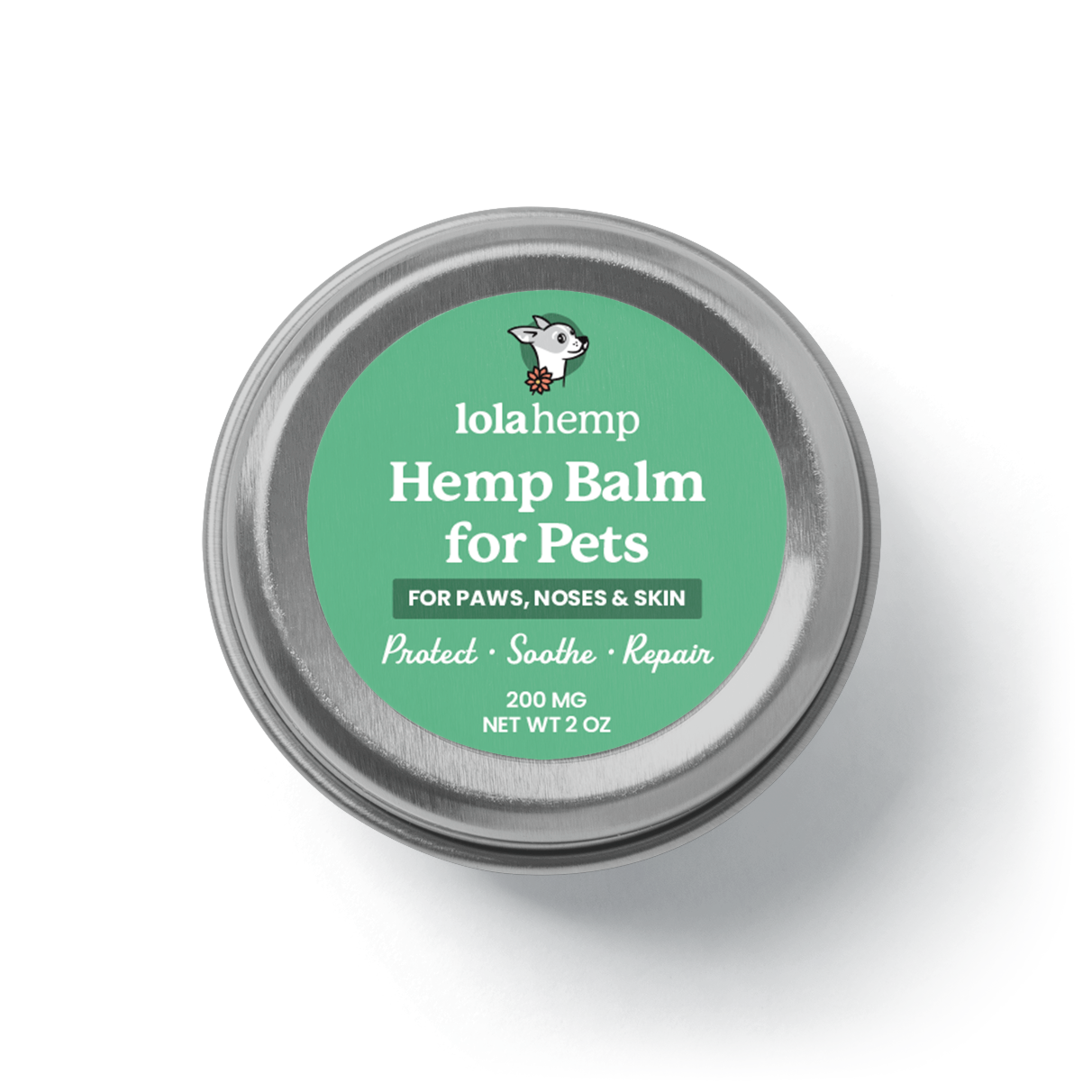Cetirizine, the active ingredient in Zyrtec, can be prescribed to manage allergies in dogs. Zyrtec can help dogs with itching, scratching, skin conditions, and other allergic reactions.
Still, it's not safe to give your dog some Zyrtec out of your home medicine cabinet. Veterinarian recommendation is essential, and there are some key safety measures to take. Let's learn a little more about Zyrtec and some of its natural alternatives.
Zyrtec-D is Not Safe for Dogs
While Zyrtec (Cetirizine) is generally safe for dogs in appropriate dosages, the variety Zyrtec-D made with pseudoephedrine. Pseudoephedrine is dangerous to dogs because it can overstimulate their nervous & cardiovascular systems and produce a number of dangerous symptoms.
Symptoms associated with Pseudoephedrine in dogs include:
- Hyperactivity
- Irritation
- Tremors
- Increased Heart Rate
- Blood Pressure Spikes
- Overheating
- Seizures, and more.
Additionally, liquid forms of Zyrtec may contain glycol, which can be very toxic to dogs. For this reason, regular Zyrtec in pill or tablet form is most likely the safest option to consider for your dog.
Zyrtec is Commonly Prescribed by Veterinarians for Dog Allergies
Vets recommend Zyrtec regularly for seasonal allergies, environmental allergies, allergic reaction to bites, and more. While Zyrtec is generally safe and often effective, it's important that you only use it as prescribed by your veterinarian.
Dogs have sensitive systems, and proper dosage is crucial in order to avoid health complications. Veterinarians can help with proper dosages, and they can ensure that you get the correct form of Zyrtec for your dog.
Zyrtec is Considered Effective for Mild to Moderate Allergies
Issues like environmental allergies, skin conditions, and insect bites are likely to be relieved partially or completely by an appropriate dosage of Zyrtec. Some dogs may not be as receptive to Zyrtec, however, and dogs with serious allergic reactions might not see the same benefit.
In cases of more serious allergies, discuss Benadryl with your veterinarian. Benadryl can be more effective for more serious allergies because it's faster-acing and can have a more direct impact in serious situations.
For long term mild allergies, Zyrtec might be a more reliable option for consistent use.
Is Allegra a Good Alternative?
Allegra (fexofenadine) is a non-sedating, slow-acting antihistamine that can last longer than some of the other options on the market for dogs. There's less research on the use of Allegra for dogs, however.
Additionally, Allegra comes in a variety of forms and not all of them are safe for dogs. Some of these formulations have additional ingredients that include decongestants that can be seriously dangerous.
If you plan to use Allegra for your dog, make sure that you discuss this with your veterinarian.
Comparison of Benadryl, Zyrtec, & Allegra for Dogs
| Feature | Benadryl | Zyrtec | Allegra |
|---|---|---|---|
| Onset of action | Fast (15-30 minutes) | Moderate (1-2 hours) | Moderate (1-2 hours) |
| Sedation level | High | Low | Very low |
| Dosing frequency | Every 8-12 hours | Once daily | Once or twice daily |
| Common use cases | Severe allergic reactions, acute symptoms | Chronic or seasonal allergies | Chronic or seasonal allergies |
| Vet preference | Often first choice for emergencies | Common for long-term allergies | Less commonly prescribed |
Conclusion
With proper guidance from your veterinarian, Zyrtec can be an effective way to manage your dog's allergic reactions. There are forms of Zyrtec, such as Zyrtec-D, that are very dangerous to dogs.
It's important to look closely at the ingredient list and discuss the specific form of Zyrtec you plan to use with your veterinarian. Alternatives like Benadryl, Allegra, and even herbal remedies can also be effective and safe for dogs to use.









